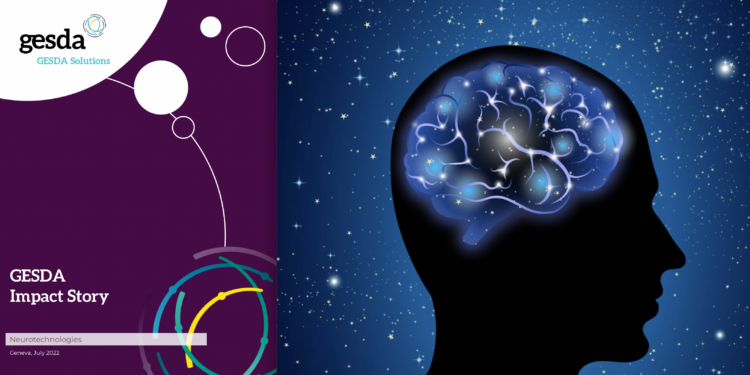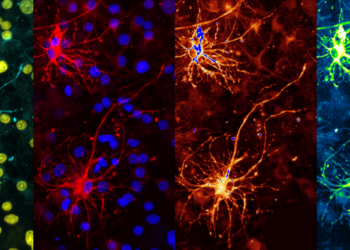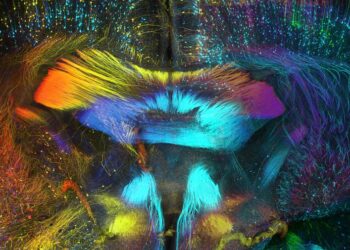Neuroscience is the study of the nervous system, the basis for the understanding of learning, memory, behavior, perception, movement and consciousness. It is a multidisciplinary science that combines medicine, physiology, anatomy, biology, computer science and mathematical modelling, as well as the ethics of related advances. Neurotechnology include devices and procedures used to access, monitor, investigate, assess, manipulate, and/or emulate the structure and function of the neural systems of natural persons. (OECD 2019). In this article, we only consider neurotechnology at the interface with the central nervous system (brain and spinal cord). Some neurotechnology also interfaces with the peripheral nervous system which includes all nerves in the body
SUMMARY
Recent technological advances in electronic miniaturization and brain signal detection, and the use of artificial intelligence (AI) for data analysis, pave the way to better understand the brain and treat neurological and mental health disorders. These have given neuroscience and neurotechnology a great boost, generating huge financial investments from the public and private sectors.
Neurotechnologies can be invasive, when penetrating the skull, or non-invasive, when used at its surface. They are being applied for clinical purposes. With around 1 billion people suffering from relevant disorders in the world, they are proving to be of great medical value. At least 200,000 patients worldwide live with a neural implant of some kind, mainly deep brain stimulation electrodes to limit the effects of Parkinson’s disease. Neurotechnologies also have applications beyond the medical field such as in neuromarketing, gaming and entertainment, as well as in the military domain.
Although neurotechnologies now allow brain data to be recorded with great precision, researchers are still working to fully understand these signals. Most neuroscience studies show correlations between mental states or behaviors and brain activity, but it is more difficult to show causal links. Large amounts of data from various levels (from neuron to behavior, through the activity of brain areas) still need to be acquired and integrated before explaining how neuronal activity and mental states are specifically associated. Some neuroscientists consider that, thanks to advances in computing power and AI, it is only a matter of time for this to be possible.
Neurotechnologies are developed in public or private research laboratories, first with clinical and therapeutic applications, and sometimes later with applications for the general population. Private actors, such as start-up companies, have emerged, bringing the technologies to patients more quickly or directly to consumers. Patients and consumers are also getting involved in developing these technologies through advocacy and engagement initiatives.
Neurotechnologies generally have a positive impact but their evolution can raise ethical, societal, economic, and legal concerns, mainly when applied outside of the research and clinical setting. Positive and negative impacts can be on multiple fronts: on the personal level on privacy, identity, sense of agency, cognitive liberty, equity; on more technical issues such as standardization of methods for inter-operability for criminal prosecution purposes » or in the judicial domain, commercialization and regulations, military uses; and, on the societal level in the utilization in the judicial domain.
Such challenges point towards the need for responsible approaches and frameworks for action on all fronts, starting on the research and innovation level, taking into account ethical, cultural, sociological and philosophical considerations, and ending with flexible but forward-looking governance and regulation schemes on the multilateral international level.
–> Read the full GESDA Neurotech Impact Story , with all sources in hyperlinks
My role:
- Select and organize the content and the sources
- Interview experts
- Write the full story













